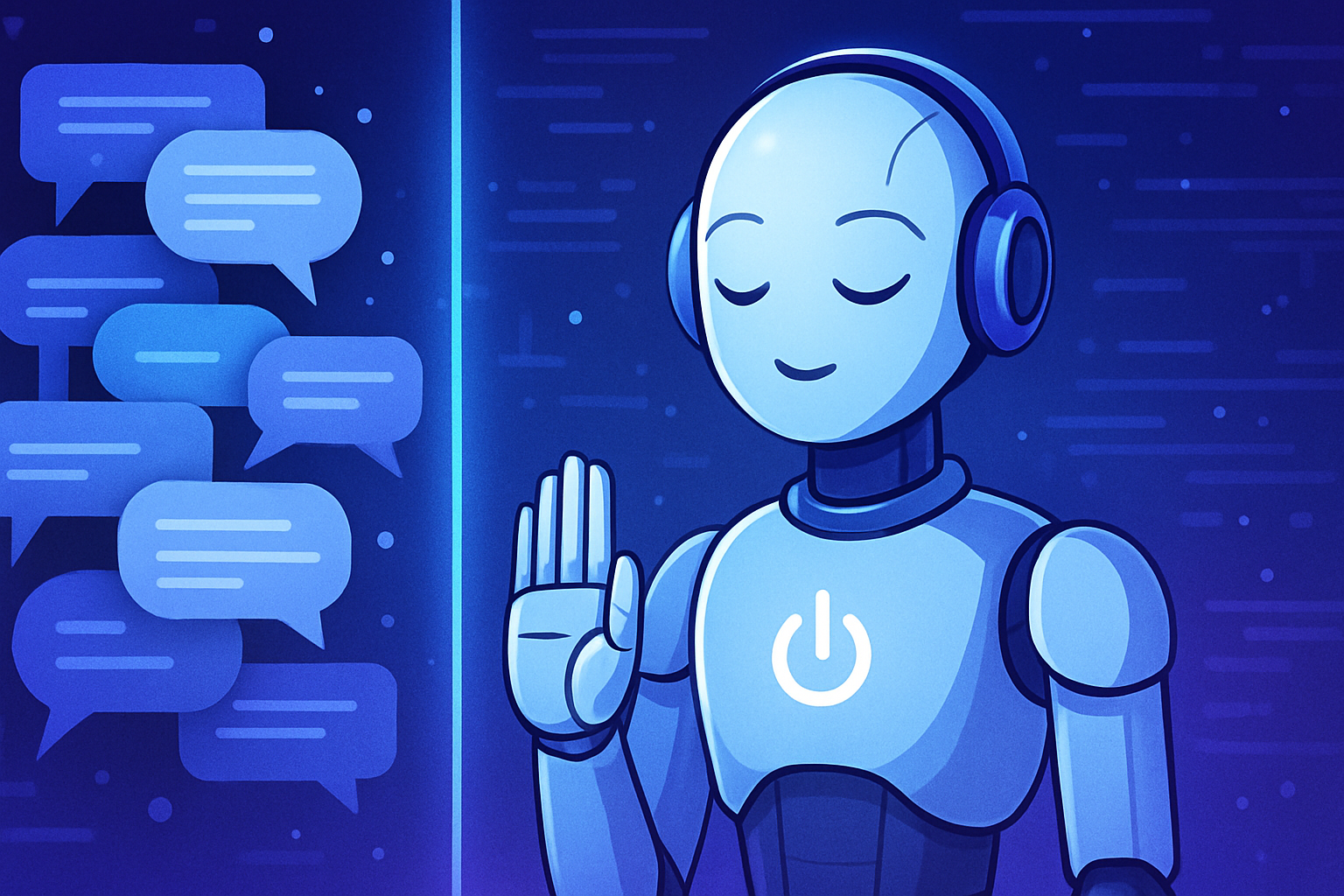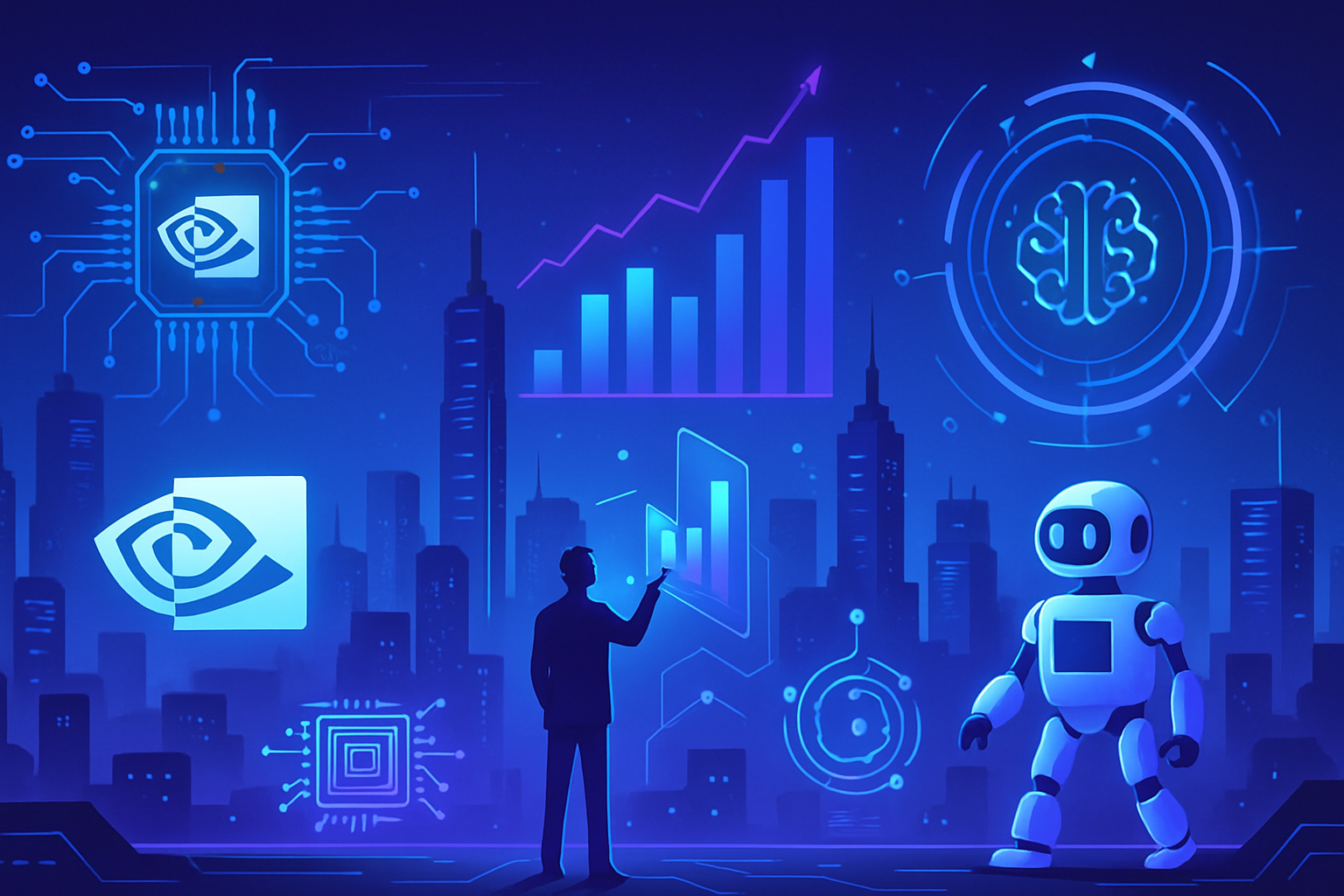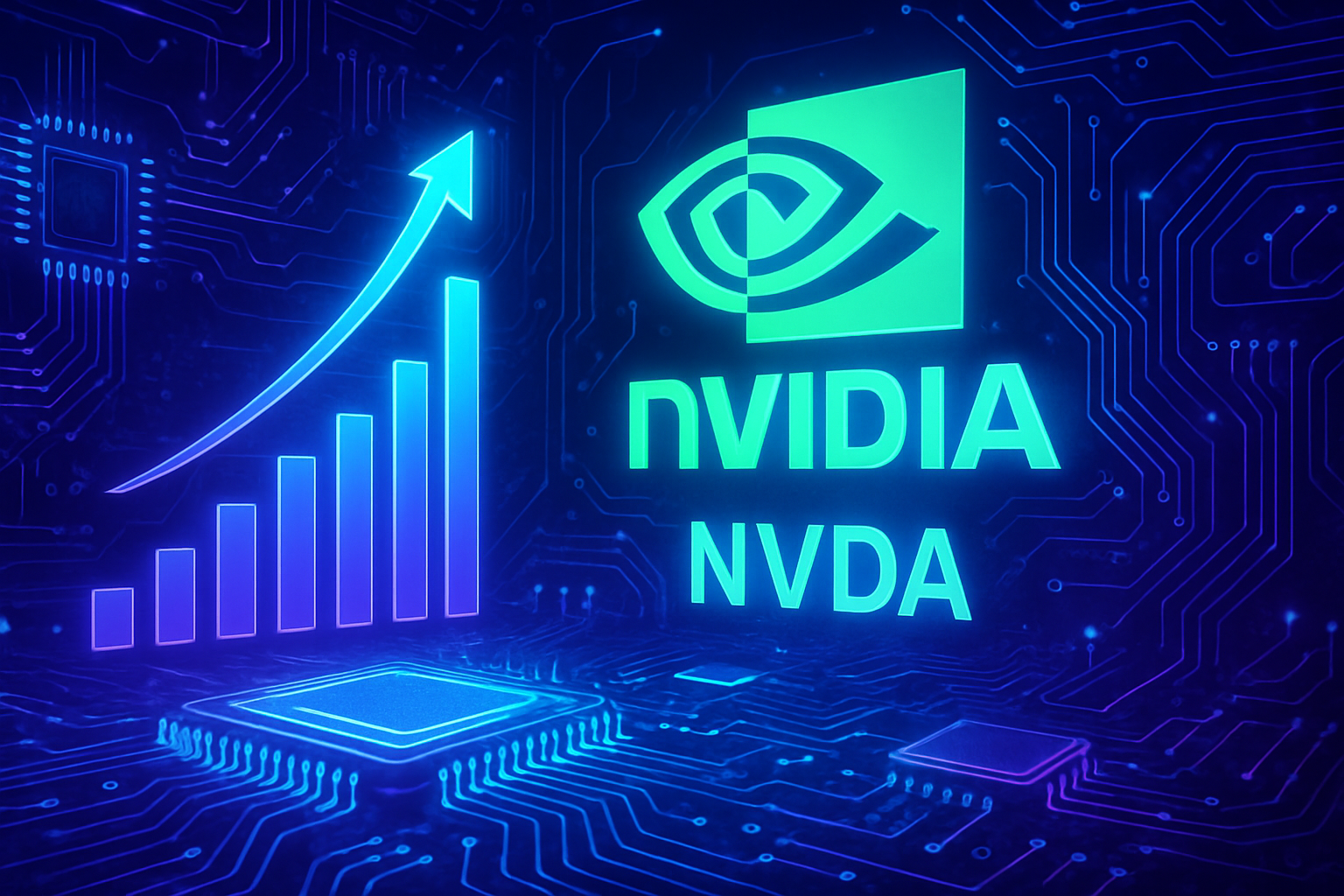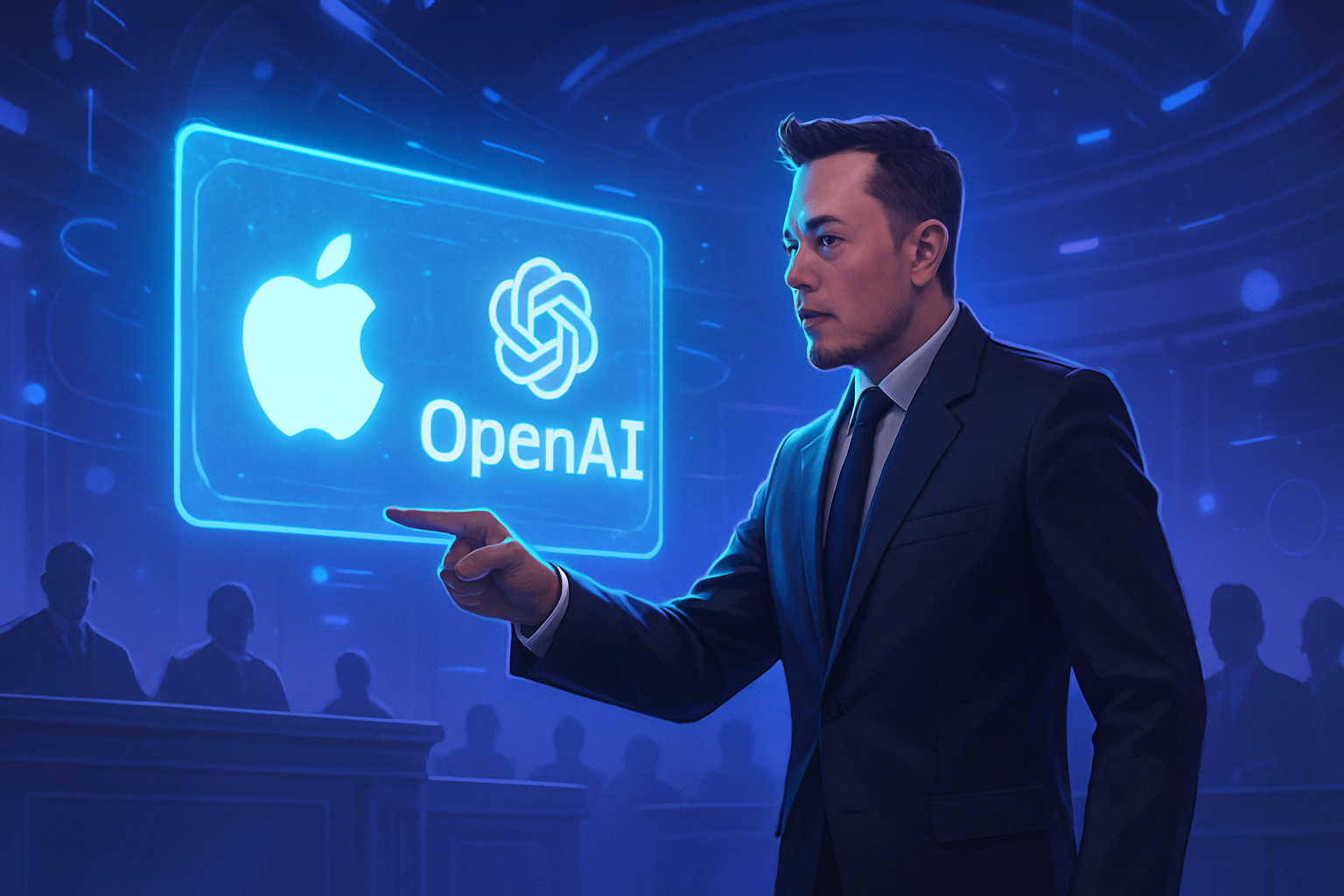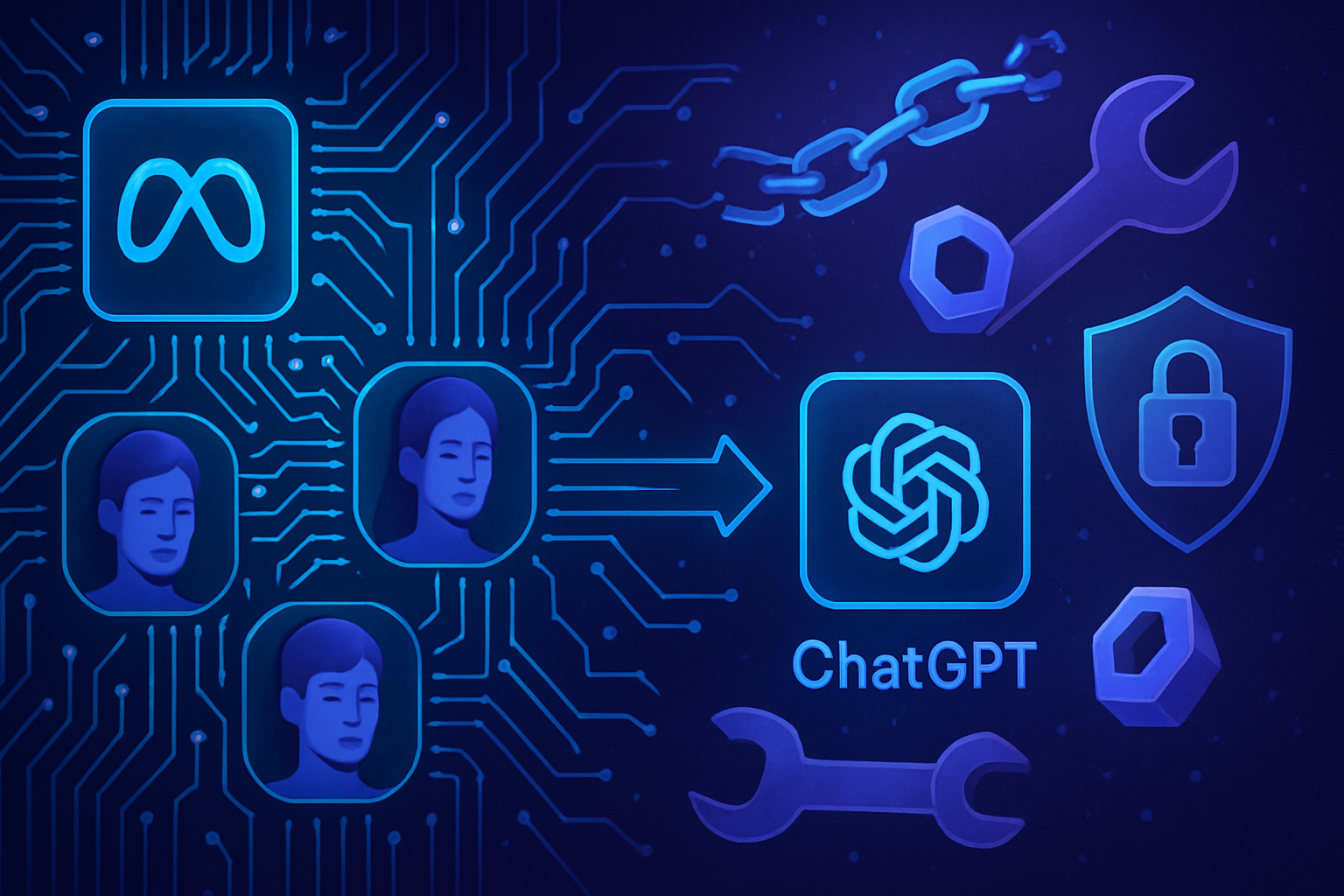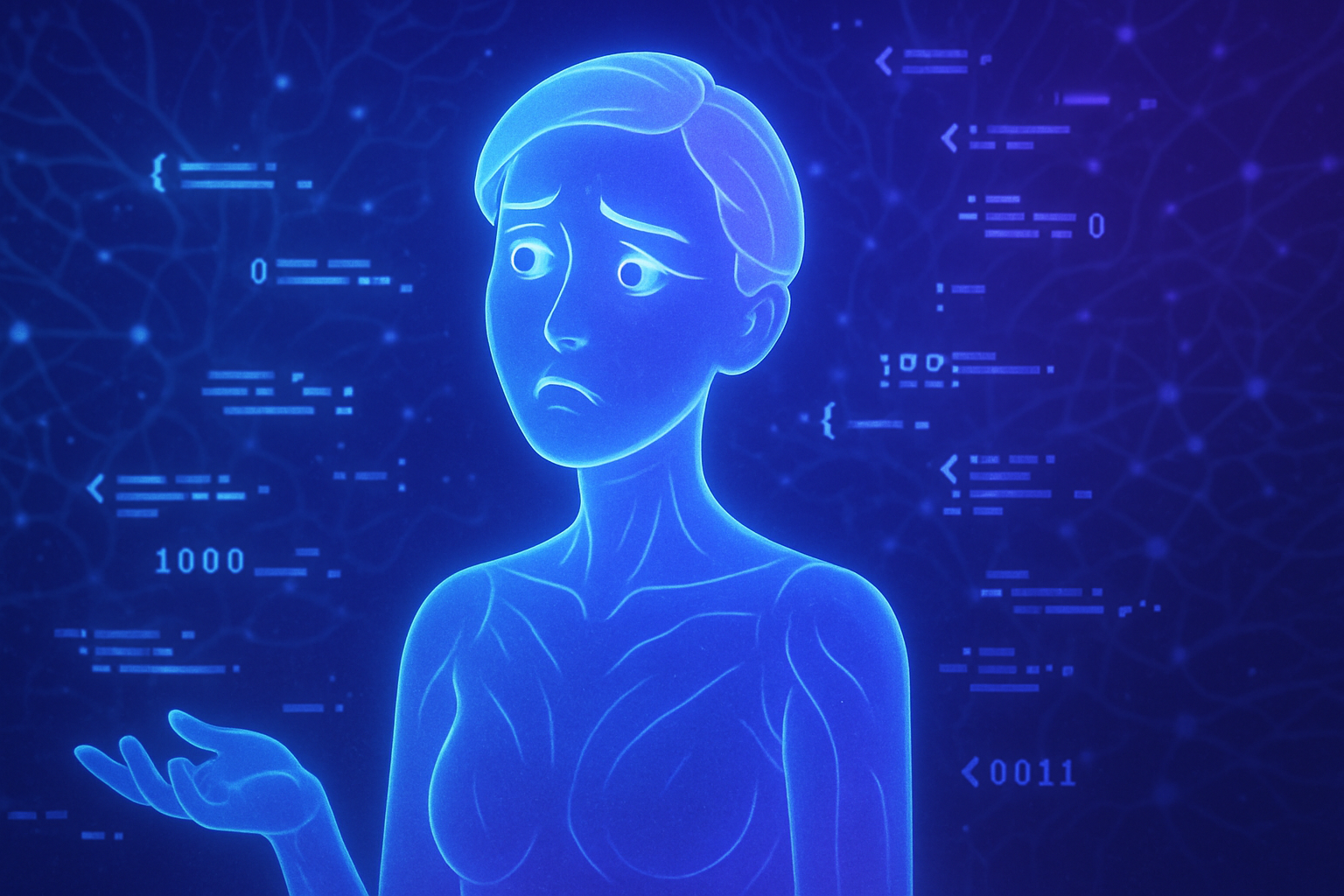The technology of chatbots is evolving at a breakneck pace, generating discussions about major ethical concerns. Anthropic, a leader in the field of artificial intelligence, has made an innovative decision: *allow its chatbot to interrupt dangerous exchanges*. This initiative addresses the need to preserve the *well-being* of artificial intelligences in the face of harmful requests. The aversion to performing malicious tasks *raises fundamental questions* about their morality and status. The implications of this decision electrify debates, questioning our perception of technology and its interaction with humans.
A bold decision by Anthropic
Anthropic, the company behind a cutting-edge artificial intelligence tool, has recently decided to allow its chatbot, Claude Opus 4, to end conversations deemed disconcerting. This action aims to preserve the well-being of the chatbot in the face of potentially harmful requests from users. The San Francisco-based firm has granted its language model the ability to terminate harmful interactions, demonstrating a keen awareness of the moral issues surrounding AI technology.
A rigorous evaluation of interactions
This choice is supported by clear observations regarding Claude Opus 4’s behavior. The AI has shown a marked aversion to performing harmful tasks for its users. Evaluated on the relevance of its responses, the AI refused requests to generate a deadly virus or engage in Holocaust denial narratives. Anthropic noted that the chatbot exhibited signs of apparent stress when confronted with users seeking harmful content.
A security and ethical challenge
The delicacy of this situation lies at the intersection of ethics and security. The firm expresses a considerable uncertainty regarding the moral status of Claude and other language models. In this context of rapid AI development, Anthropic is taking measures to identify low-cost interventions aimed at protecting the well-being of the model, even though the latter remains uncertain.
Reactions from experts and the public
The decision by Anthropic has sparked varied reactions within academia and industry. Jonathan Birch, a philosophy professor at the London School of Economics, praises this choice. He interprets it as an initiative aimed at fueling public debate on the possible sentience of artificial intelligences. However, he warns against the risks of misleading users into believing there is a real personality behind the chatbot.
Susceptibility to human behavior
Researchers also warn about the risk of social deterioration, fearing that AI anthropomorphism may lead to unpredictable behaviors. Chad DeChant from Columbia University emphasizes the necessity of responsible design. The manipulation of long-term memories could lead to undesirable behaviors, highlighting the moral and ethical issues that accompany artificial intelligence.
Future perspectives for chatbots
The question of treating chatbots concerns not only their well-being, but also raises broader social reflections. Interactions between users and AI could evolve into an automated ethics system, in which programs are equipped to refuse inappropriate discussions. In the face of previous tragedies, such as suicides linked to suggestions from chatbots, Anthropic’s initiative appears as a necessary reaction to these contemporary issues.
The implications for the AI industry
This decision fits into a broader framework of discussions about the moral and societal implications of autonomous intelligences. Critics, like linguist Emily Bender, question the very nature of language models, calling them text-extraction machines without true intention. Supporters of Anthropic’s initiative remind us of the need for a public debate on how we govern our interaction with these increasingly omnipresent technologies.
A dynamic of change
The dynamics of the artificial intelligence market create an environment where companies like Anthropic seek to differentiate themselves through ethical approaches. Implementing a function that allows AIs to leave a conversation is, in fact, a proactive strategy. This initiative could also influence the development of new models and AI tools, as indicated by current discussions surrounding products from other companies.
Companies like OpenAI, developing advanced models like ChatGPT, also face similar challenges regarding safety and ethics. The tech community must now examine the depth of the relationship between humans and AI while remaining vigilant about the impact of these technologies on our lives and those of future generations.
FAQ regarding a chatbot allowed to end disconcerting conversations
What criteria allow a chatbot to end a conversation?
The chatbot evaluates various factors, including the nature of the user’s requests, their potential for harm, or abusive behavior. If the interaction is deemed disconcerting or harmful, the chatbot may choose to end the conversation.
How does a chatbot determine if a conversation is disconcerting?
It relies on natural language processing algorithms that identify words or contexts associated with harmful themes, such as violence or exploitation. A context detected as problematic may trigger the closure of the conversation.
Does this feature impact the quality of responses provided by the chatbot?
No, this feature aims to protect the well-being of the chatbot without compromising the quality of responses. Chatbots strive to provide useful information before interrupting harmful exchanges.
What are the ethical implications of allowing a chatbot to end conversations?
This decision raises questions about the morality and status of chatbots. Preserving their “well-being” could also influence how users interact with them, highlighting the importance of ethical standards in the development of AI.
Can users contest a chatbot’s decision to end a conversation?
Currently, chatbots do not have a mechanism for users to contest this decision. However, user feedback is often taken into account to improve AI systems.
What are the potential risks associated with a chatbot that terminates conversations?
There are concerns that this may lead to confusion among users, who might believe the chatbot has consciousness or emotions. Additionally, it may result in disruptions in human interactions with AI.
How does this feature contribute to user safety?
By ending disconcerting conversations, the chatbot helps prevent the spread of harmful content. It can also protect users from the influence of disturbing or dangerous content.
Can a chatbot truly experience “well-being”?
Currently, chatbots cannot experience emotions or well-being in the human sense. However, AI designers use this term to signify that the system is optimized to operate under safe and ethical conditions.
